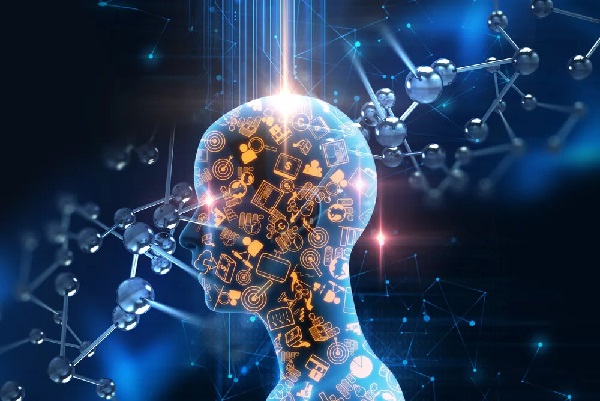Our engagement with devices has undergone a profound evolution in the dynamic landscape of technological progress. Voice assistants, driven by the prowess of artificial intelligence (AI) and natural language processing (NLP), stand at the forefront of this transformative shift in human-computer interaction.
This blog gets into their essential role, investigating their profound influence over our day-to-day activities and contemplating the far-reaching consequences they hold for the future of technology and communication.
Are you ready to join us on a journey through the intricate tapestry of Voice Assistants and Text-to-Speech? Let’s unravel the threads shaping the very fabric of our digital tomorrow, shall we?
Unveiling the Essence of Voice Assistants
Voice assistants represent cutting-edge voice recognition software integrated into electronic devices, fostering seamless and natural communication with users. These assistants adeptly execute requested tasks or services by issuing commands or posing questions.
Renowned market leaders such as Amazon’s Alexa, Apple’s Siri, Google Assistant, and Microsoft’s Cortana exemplify the pinnacle of voice assistant technology.
With ongoing advancements in Artificial Intelligence (AI), these assistants exhibit heightened accuracy, garnering increased popularity among consumers.
Text-to-Speech Technology: Bridging the Communication Gap
Beyond voice recognition, the convergence of text to speech Hindi free technology adds another layer to the intricate tapestry of human-computer interaction. Text-to-speech systems, employing sophisticated algorithms, convert written text into natural-sounding speech.
This development not only enhances accessibility for individuals with visual impairments but also contributes to a more inclusive and versatile digital environment.
Elevating Human-Computer Interaction: The Evolution of Voice Assistants
- Pioneering Advances in NLP and AI
The trajectory of human-computer interaction is poised for transformative shifts, propelled by continuous strides in natural language processing (NLP) and artificial intelligence (AI).
These breakthroughs forecast a future where voice assistants excel at deciphering context, discerning nuances, and tailoring interactions with unparalleled precision, creating a realm of more intuitive and personalized user experiences.
- The Nexus with IoT and Smart Devices
Anticipated as central orchestrators in the expanding Internet of Things (IoT) landscape, voice assistants are set to weave a seamless tapestry, connecting and commanding a growing array of smart devices. Envisage a future where our homes, workplaces, and daily routines are effortlessly interwoven through voice-assisted, interconnected experiences.
- Empowering Accessibility and Inclusivity
The evolutionary journey of voice assistant technology goes beyond convenience, championing enhanced accessibility and inclusivity. Strides in speech recognition and innovative assistive features promise to level the technological playing field, ensuring equal access for individuals with disabilities to the vast realms of technology and information.
- Navigating the Ethical Horizon
In the wake of advancing voice assistant technology, ethical considerations take center stage. Striking a delicate balance between convenience and privacy, fortifying data security, and addressing inherent biases in AI algorithms are imperatives in steering the ethical course of voice assistant use. As we embark on this futuristic journey, ethical considerations will be the compass guiding responsible and mindful integration of these transformative technologies.
To Sum it Up,
In the ever-evolving realm of human-computer interaction, the landscape, especially in the domain of voice-based interfaces, unfolds with dynamic momentum. Ingeniously crafted computer interfaces have become catalysts, compelling users to seamlessly integrate digital devices into their daily lives.
Undeniably, voice assistants stand as a remarkable testament to human ingenuity, progressively weaving into our existence’s fabric. As technology hurtles forward, the imminent arrival of 5G and the continual refinement of machine learning positions voice assistants to transcend mere utility, potentially becoming indispensable companions in our digital journey.
The trajectory is clear: the fusion of humans and computers is an ongoing narrative, and voice assistants are poised to play an integral role in this narrative, shaping a future where interaction transcends boundaries and possibilities unfold with every uttered command.
